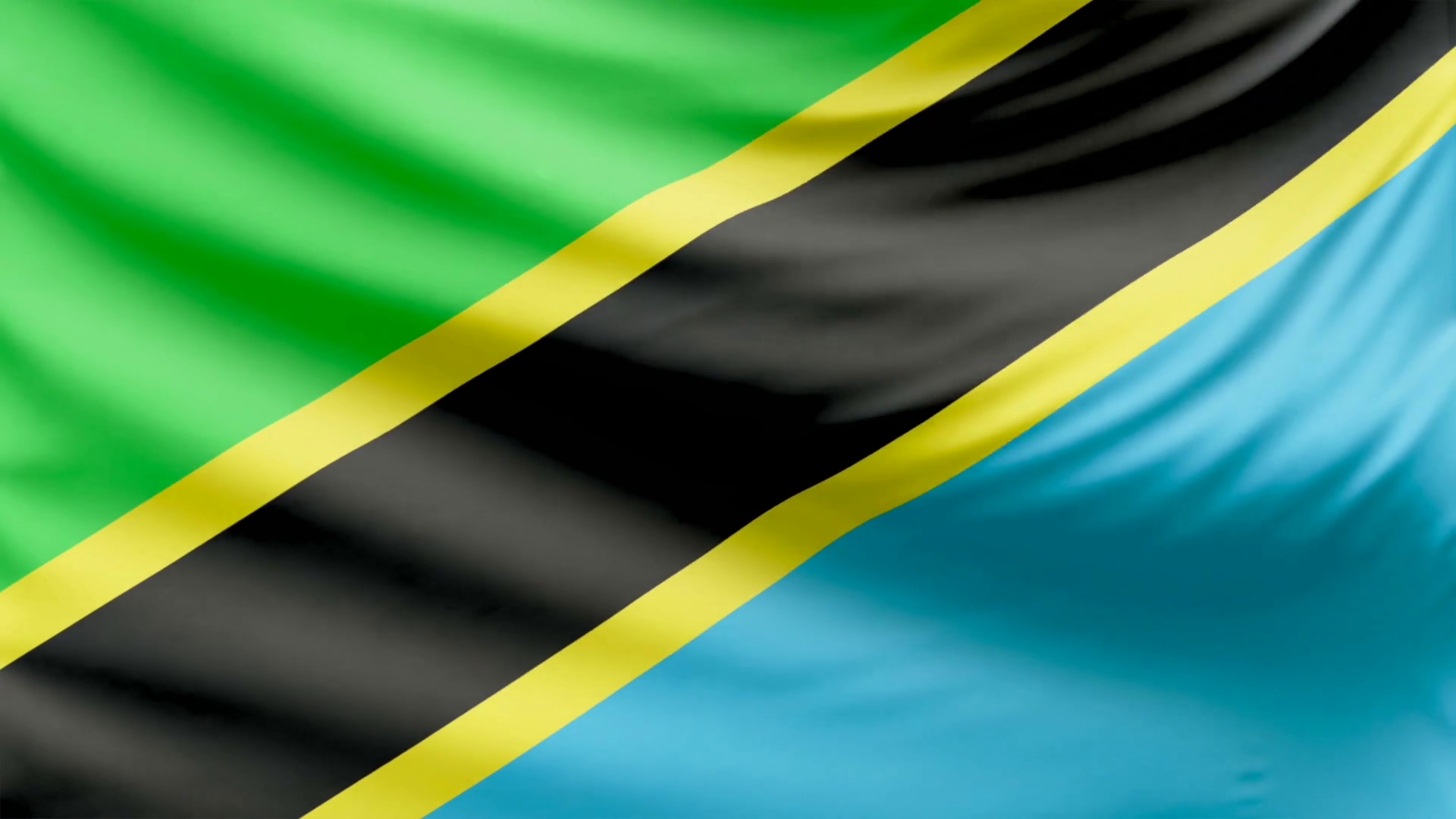AS the government of Tanzania walks the talk in the realisation of industrialisation, the country has been picked to host a high level business convention on industrialisation.
The business convention with a theme ‘Private Sector- Led Industrialisation through Sustainable Productive and Export Capacities’ seeks to enhance the country’s competitiveness, comparative advantage and the growth of regional value chains in the East African Community (EAC).
It is set to further promote the industrialisation development agenda in the country. Its organisers of the event scheduled for Dar es Salaam late next month are the EAC, East African Business Council (EABC), the Confederation of Tanzania Industries (CTI) and Tanzania Private Sector Foundation (TPSF).
Tanzania’s Second Five Years Development Plan has identified automotive, petrol, gas and chemicals, pharmaceuticals, agriculture and agro-processing (cotton to clothing, textiles and garments, leather and edible oil) as priority sectors for industrialisation.
At regional level, the EAC industrialisation strategy aims at increasing intra-regional manufacturing exports to at least 25 per cent and the share of manufactured exports relative to total merchandise exports to at least 60 per cent by 2032.
EABC Chief Executive Officer, Dr Peter Mathuki, said the convention would be going in the same way as stipulated in the FY DP II.
Industrialisation is the allencompassing policy priority guiding the design and implementation of policies and strategies aimed at achieving the objectives of Tanzania’s Five-Year Development Plan from 2016/17–2021/22. “The industrial sector in the EAC contributes about 8.9 per cent to the GDP in the region.
This industrialisation business convention is provided in Article 79(b) of the Treaty for the Establishment of the EAC that calls on partner states to improve the competitiveness of the industrial sector to boost intra EAC trade and exports,” said Dr Mathuki.
The event is expected to bring together over 250 delegates, composed of captains of industry, group CEOs, investors, academia experts, development partners and senior government officials.
It will showcase investment opportunities in the industrial sector, share experiences on best policy practices and strategies for stimulating investment in manufacturing and charting out appropriate policy recommendations to boost industrialisation and spur value chains in the EAC.
Recommendations of the convention will be submitted to the government of Tanzania and the forthcoming High Level East African Business and Investment Summit (EABIS 2020), where private sector proposals are presented to the EAC Council of Ministers and subsequently to the Heads of State Summit for adoption.
According to the International Trade Centre (ITC), the total untapped export potential of products from Tanzania to Kenya stands at about $ 110.3m while in Uganda it is $ 41.1m, Rwanda follows with $41m and South Sudan $ 81,500.
Tanzania has taken key steps and initiatives to spur the implementation of the industrialisation objectives, including coming up with a national strategy, identifying priority projects, strengthening the institutional framework to address coordination challenges and developing supportive infrastructure projects.
In June 2016, President John Magufuli called upon Tanzanians to participate in implementation of the Second Five Year Development Plan that marked another milestone in the quest for attaining Vision 2025 goals and objectives. He said it was a challenge, an opportunity and an honour for all citizens.
Almost five years on, much has been done in achieving the goal, with every region setting up industries that have since been launched from time to time.
He said that collectively and individually, Tanzanians should be proud of being privileged participants in the noble course.
EABC – the regional apex body of the private sector associations and corporates in East Africa has been spearheading the EAC integration process through trade and investment.
It works with the public sector, EAC institutions, the academia and the business community to unlock the economic potential through increased access to markets, enhanced trade environment and improved business competitiveness.







